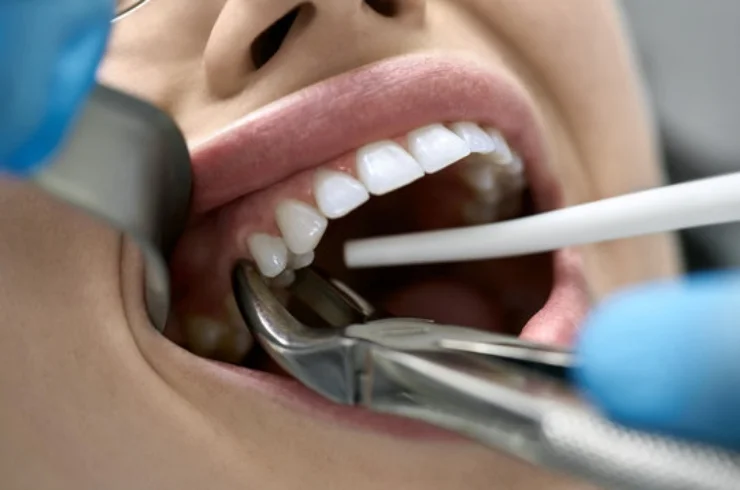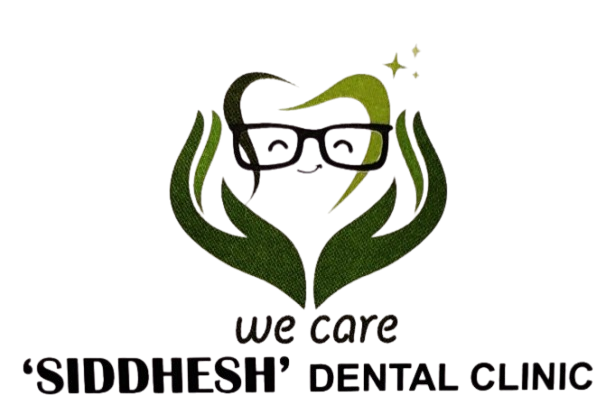Tooth Extractions

Tooth Extractions
Tooth extraction is a common dental procedure performed to remove a tooth that is damaged, decayed, or causing complications. While dentists strive to preserve natural teeth whenever possible, extractions are necessary in certain cases to protect overall oral health.
Extractions are typically recommended for teeth that are severely decayed, fractured beyond repair, impacted (such as wisdom teeth), or causing overcrowding. They may also be required for patients undergoing orthodontic treatment to create space for proper alignment.
The procedure can be simple or surgical, depending on the condition of the tooth. Simple extractions involve loosening the tooth with a dental instrument and removing it with forceps under local anesthesia. Surgical extractions are more complex, involving incisions and sometimes the removal of bone to access the tooth.
Post-extraction care is crucial for healing and comfort. Patients should follow their dentist’s instructions, such as avoiding strenuous activities, eating soft foods, and keeping the extraction site clean.
Modern techniques and anesthesia ensure that tooth extractions are safe and relatively painless. If you’re experiencing severe tooth pain or other dental issues, consult your dentist to determine whether an extraction is the best option for restoring your oral health.
